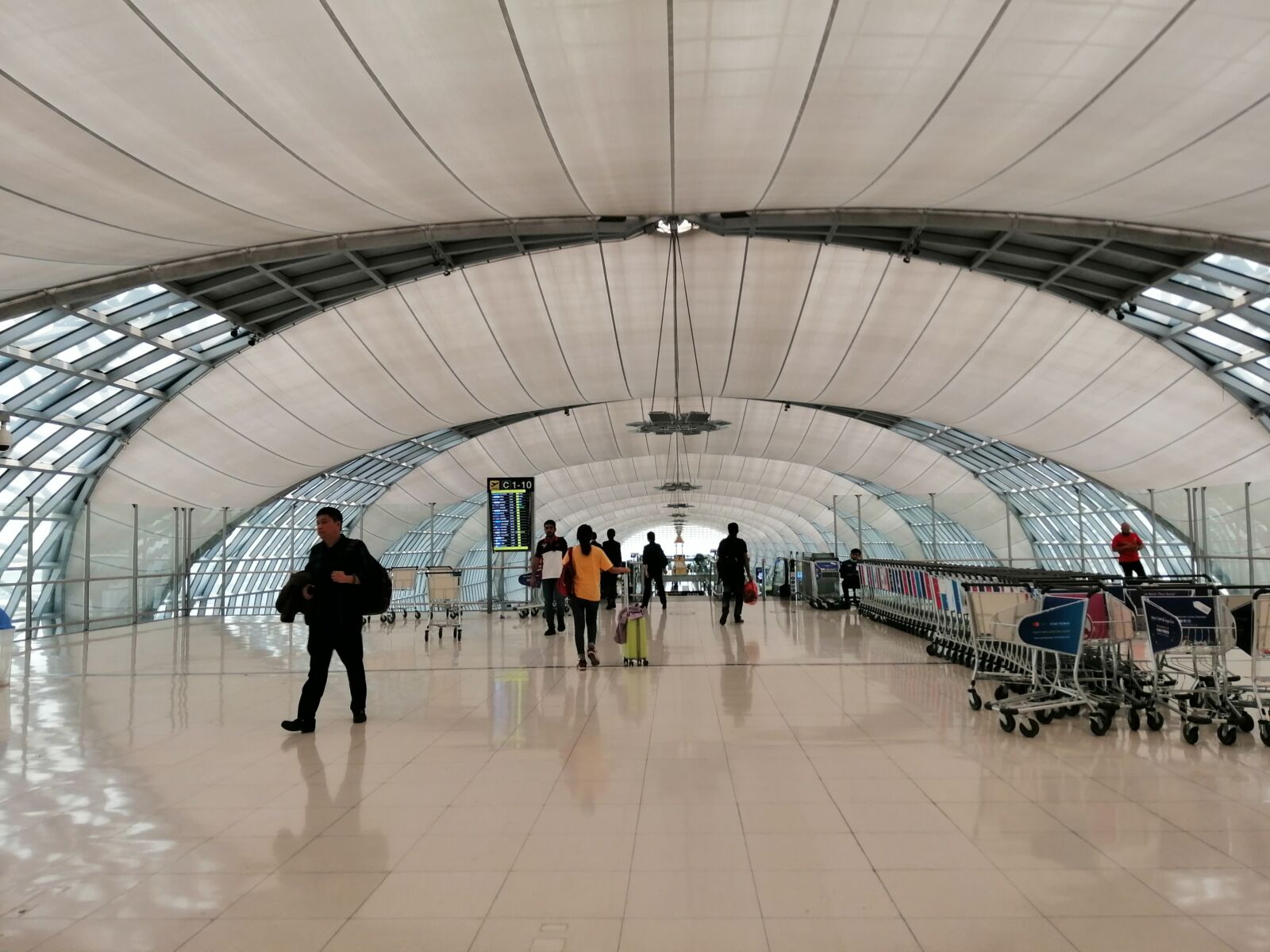Budget airlines hike flights to China amid sluggish post-Covid recovery

In an attempt to achieve post-Covid recovery, budget airlines across the globe have increased flight frequencies to China. However, travel and capacity are yet to reach pre-Covid volumes. On its side, the Tourism Authority of Thailand (TAT) is being circumspect about implementing a visa fee waiver scheme to draw in more international visitors.
Despite loom border controls from the start of the year, the tourism market isn’t predicted to recuperate beyond 50% of its 2019 levels, which had soared to a considerable 10 million.
According to TAT Governor Yuthasak Supasorn, besides the lagging Chinese economy, the reintroduction of flights has been pivotal to the market as airlines grappled with inadequate facilities and aircraft hindering service expansion.
Yuthasak announced that it could be as late as October, China’s famed “Golden Week” holiday, when airlines are projected to ramp up services, leading to a potential market surge.
Come mid-August, Thai Lion Air lays out plans to chart six fresh routes to China landing in cities such as Guangzhou, Chengdu, Hangzhou, Shanghai, Shenzhen, and Xian, tapping into their Boeing 737–800 and Boeing 737-900ER aircraft fleet. Presently, Thai Lion Air’s fleet comprises 15 aircraft, including about 13 B737-800s and a couple of B737-900ERs.
Thai AirAsia reported during the first six months of the year an average load factor of 80% on its Chinese routes, from its 13 courses to 12 Chinese destinations. Although the post-Covid recovery mode for the China routes is only at 70%, a gradual transition back to routes to southern China is expected, with the ambition to fully recover by year-end in terms of both destinations and frequencies.
Presently, unrecovered routes are majorly from regional hubs in Thailand such as Phuket, Krabi, Chiang Rai, and U-Tapao in Chon Buri. Chiang Mai, however, maintains direct flights to Beijing and Hangzhou. That said, new destinations could be on the horizon in China if potential in the market is identified.
Reverting to the tourism operator’s call for a government-backed visa fee waiver scheme as a solution to revitalise the market, Yuthasak countered that the sluggish market isn’t likely to benefit from such a strategy. The current hurdle, he stated, lies in the protracted visa application process.
There were also earlier reservations about this scheme, questioning how the package’s prices would decrease to benefit tourists. This led to the TAT’s prior proposal during the peak pandemic period being obstructed by the related authority.
In related news, Thailand expects six million European tourists this year, generating over 420 billion baht. Yuthasak is confident that Thailand would remain a popular European tourist destination. To read more click HERE.
Latest Thailand News
Follow The Thaiger on Google News:


























